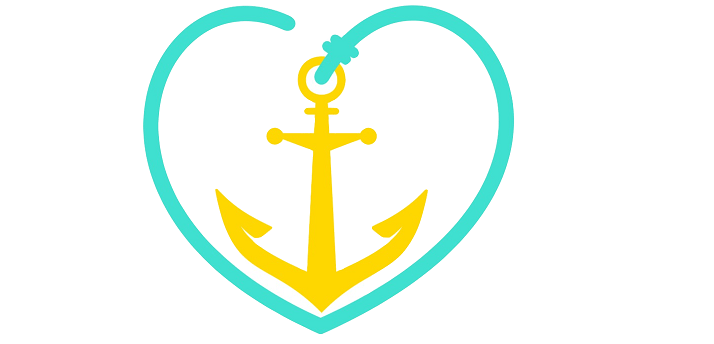Coaching versus Counseling – what are the main differences

Coaching versus Counseling – what are the main differences
Hello lovely people!
I have researched into it and combined what I thought would be an easy read. Hope it is.
No matter who you are in life, we can all do with a helping hand, a shoulder to lean on, or someone to shine a light on the path ahead.
Fortunately, there are many empathic people who would love to assist us with our challenges, and they fulfill various roles.
Many individuals do not go to the bottom of the core problem and rather live with the wound unhealed – raw or camouflaged. This happens more unconsciously and many accept their problem as part of life and do not feel the need to seek help.
Sometimes these often recurring problems are so entrenched into their daily way of living, that it seems normal.
This is mainly due to the lack of awareness on what counseling and coaching are and what it has to offer and how it can help people.
The social stigma and acceptance level of going to a counselor or a coach, let alone a psychologist or a psychiatric is still very negative. This can lead to self-sabotage of some kind.
At some point in their life, to desire a different result, they must allow themselves to become vulnerable, to seek help.
Remember vulnerability is a source of courage and not weakness.
After all, everything you want is on the other side of fear, as aptly said by Jack Canfield, an American author and motivational speaker who co-authored the Chicken Soup for the Soul series.
Mental illness like prolonged bouts of feeling sad or depressed for no apparent reason, where going through with your day to day activities becomes a challenge, or feeling suicidal requires immediate help and clinical treatment.
On the other hand if you are surrounded with stress and don’t know how to handle it, like un-reconcilable differences or conflict in a relationship or at work, you feel stuck in life, you lack motivation and don’t know what the next better step in life is, or you are curious and want some help with introspecting life, what do you do? If you do decide to step out and seek help to help, would you go to a counselor or a life coach?
The biggest difference in coaching and counseling is the difference in approaches.
Life coaches focus on creating a new life path to achieve certain goals. They help you introspect and help you find your solutions. They focus on the now and what next.
Whereas counselors focus on specific problems in hand and look into emotional resolutions to past problems to move forward, finding solutions to those specific problems, while making ‘healing’ as one of the main objectives.
One must be aware of the many areas of overlap between these above methods of seeking help.
Let us Explore More on the Differences Between Coaching and Counseling:
Coaching Helps You Take Action and Counseling Enables You to Cope:
You seek a life coach when you are surrounded with stress, feel stuck in life with a problem or an issue, not knowing how to handle it and feel frustrated in life, you have low self-confidence, you need motivation, you need to be a better version of yourself and need that push, you need help to reflect your next step, you are unhappy and unsatisfied in your job and maybe want to change your job or your profession, you are feeling low, you have a relationship issues, you want a better work-life balance, you want to improve your health but don’t know the next step and you need someone to handhold you, you procrastinate and waste time and need help in planning and organizing your life better.
Coaches focus on introspection and are action-oriented when it comes to resolving the issue. They believe in giving the clients problem-solving skills rather than specific solutions to a problem.
It helps the client handle and successfully adapt to any other situation and stress the client may face in the future. They work with you to identify the problem, set goals to resolve the problems and create a path to achieve the goals.
Some situations which can help by going to a counselor are when you have addiction issues like smoking, alcohol, substance abuse, eating disorders like excessive eating or anorexia, physical or verbal abusive behavior, suffered a traumatic experience, maybe a bereavement, or sometimes you are just feeling demotivated.
Continue reading on jyotithenavigator.com



